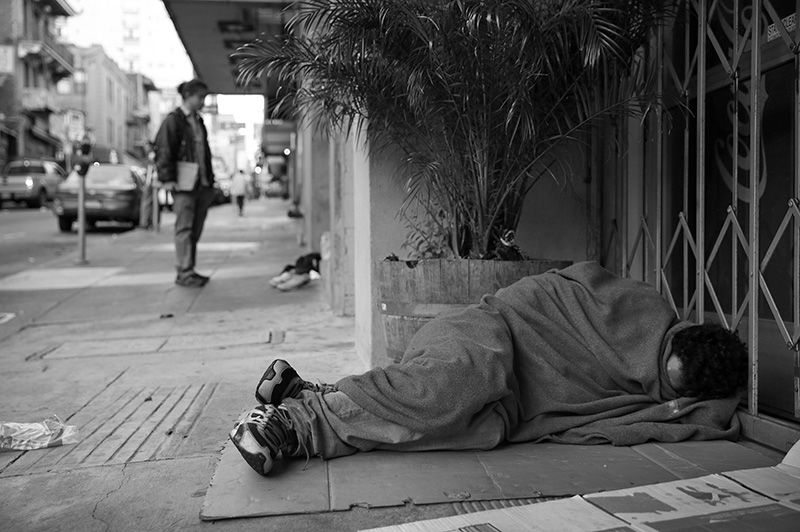
(12-04-17) I’ve always hoped someone who actually provides direct services to persons with serious mental illnesses would write a book so I was excited when I received an email from Lynn Nanos. She is putting the finishing touches on a nonfiction book about her personal experiences as a inpatient social worker. I got more excited after I read a short excerpt of BREAKDOWN: A Clinician’s Experience in a Broken System of Emergency Psychiatry due to be published in next year. Here’s a slightly edited excerpt.
Dangerously Unaware By Lynn Nanos, LICSW
The Woman Who Wouldn’t Eat
Weeks later, she is evicted from her apartment with nowhere to sleep except for the streets.
The severe shortage of inpatient psychiatric beds along with overly restrictive inpatient commitment criteria often results in only the sickest of the sick getting admitted to inpatient units. For people with psychosis who lack awareness of being psychotic, brain deterioration often occurs long before sufficient psychiatric treatment is obtained. Early psychosis programs are completely voluntary, thus marginalize those who refuse to engage in treatment because they don’t believe that they are ill.



